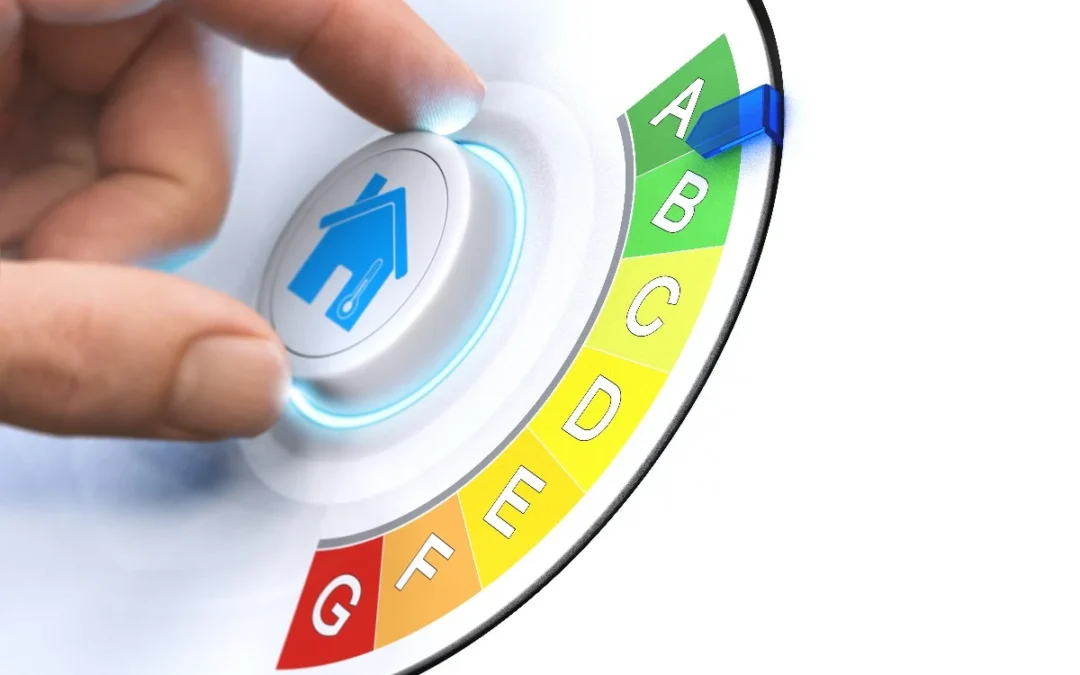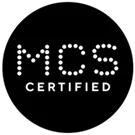Many homeowners are considering the right ways to reduce the costs of running their homes while being mindful of other factors such as energy efficiency, sustainability and the impact their appliances and heating systems have on the environment.
There are an ever-growing number of solutions, from solar panels to air-source heat pumps, infrared heating panels and biomass boilers. However, these options may not be suitable for every property, may be outside your budget, or may simply mean too large a scale of home improvement project.
Let the experts at Gas Worx explain some of the ways to make a gas central heating installation more eco-friendly and what we may recommend if a heat pump isn’t right for you, but you’d still like to find a boiler system that is highly efficient.
Choosing an Efficient Home Central Heating System to Reduce Your Carbon Footprint
The first point we’d make is that there are absolutely options if you’d prefer a gas boiler but don’t want to pay more than necessary for your utility bills and would like to reduce your reliance on fossil fuels. Some simple upgrades or additions like thermostats can lower your appliance usage without sacrificing comfort.
A-grade boilers represent the most efficient gas heating systems on the market, with a modern condensing boiler achieving between 92% and 94% efficiency – compared to older boilers that were installed over 25 years ago, which tend to achieve G ratings with as little as 60% efficiency.
An important aspect is that any super-efficient boiler should always be installed by an experienced, qualified team of engineers. A condensing boiler is not necessarily A-rated in every instance. Although this boiler upgrade can reduce your utility costs by as much as 30%, your boiler and central heating system must be set up correctly.
Issues with the installation can erode the energy savings available and mean an advanced boiler model runs at an efficiency level from 10% to 25% below its true capacity.
How to Assess the Efficiency Rating of a New Gas Boiler
Boilers carry ratings from A to G, similar to the energy performance ratings you may have seen for properties or shown on your own Energy Performance Certificate (EPC). The rating system is there to help consumers make informed choices about the boiler size and model that is right for their homes.
Those letters denote an efficiency performance based on a percentage, where an A-rated boiler can provide an efficiency of 90% or above. This percentage drops to, for example, 82% to 86% for a C-rated boiler and to under 70% for a G-rated appliance.
Most of the brand-new boilers available to purchase are A-rated, and the best models can even be classed as A+++, showing that they achieve efficiency that outstrips the original ratings used within the scale. It is worth noting that a 100% efficient boiler may also command a premium price, but much depends on your objectives and priorities.
Essentially, the more efficient your boiler is, the more you get out of each unit of energy you pay for. To keep the same property at the same heat and with an identical hot water supply with a boiler rated E, F or G, you would spend considerably more on energy consumption charges than an A-rated system.
For example, if your boiler operates at 94% efficiency, only 6% of the energy you consume is lost – whereas as much as 30% is lost if your boiler functions at 70%. The more efficient your boiler, the less it costs to run, and the lower your carbon footprint due to reduced fuel usage.
Optimising the Efficiency Performance of Condensing Boilers
Condensing boilers are the most popular types of contemporary central heating boiler and work by retrieving heat that an older boiler would have lost through the flue. These boilers utilise a second heat exchange as a type of ‘pre-heating’ function.
The complexity we mentioned is that the boiler must be installed correctly for a second heat exchange to capture the heat and turn it back into water vapour. Boilers need to run at reduced temperatures for the condensing process to work, and the lower the average temperature of your boiler, the more efficient it will be.
If your boiler is fitted and left at its standard default factory setting, it may not be able to condense and can continue to lose heat through the flue – hence the essential need to work with a professional engineer who understands this aspect.
When Is the Right Time to Replace My Gas Central Heating Installation?
The vast majority of new boilers sold since 2005 have been condensing models, which comply with legislation. Needless to say, a boiler that was labelled as A-rated almost 20 years ago is highly unlikely to retain that same level of efficiency today.
It is also necessary to consider whether your condensing boiler is set up and configured to run as a non-condensing boiler, removing many of the benefits without providing the reduction in energy usage you should expect.
As a rough guide, a boiler that is ten years old or older typically achieves 80% to 85% efficiency, dropping to 75% for a boiler that was fitted 20 years ago. That said, you may not need to consider upgrading your boiler if it is running well, has been regularly serviced, and your utility costs remain affordable.
If you notice any issues, such as low water pressure, banging sounds, leaks from your pipework or frequent breakdowns, it is a good time to evaluate the options and speak to an independent boiler installation team about the best model for your property and central heating requirements.
Homeowners who find that their energy bills seem inflated or are beginning to climb without any increase in their usage may also benefit from a chat with the Gas Worx team, where we can explore whether the boiler requires replacement parts and components or has reached the end of its lifespan.
There isn’t one universal answer since much depends on the size of your home, the number of occupants, and your heating and hot water demands – but an installer can recommend maximum and minimum output levels that will provide the reliable central heating and hot water you need, without impacting the efficiency, costs or fuel consumption of your central heating system.







